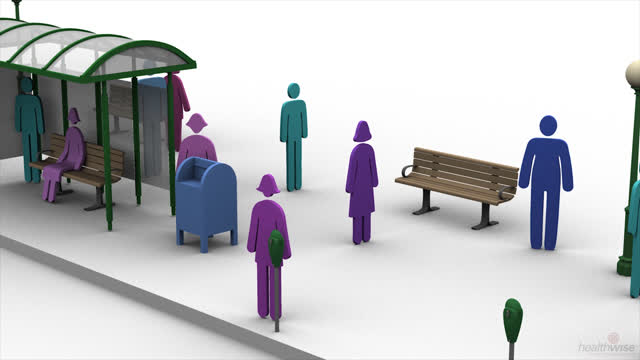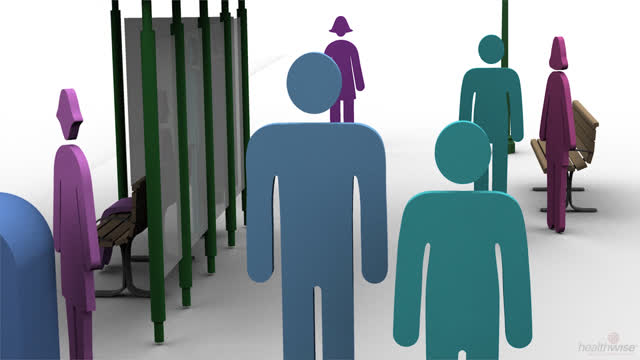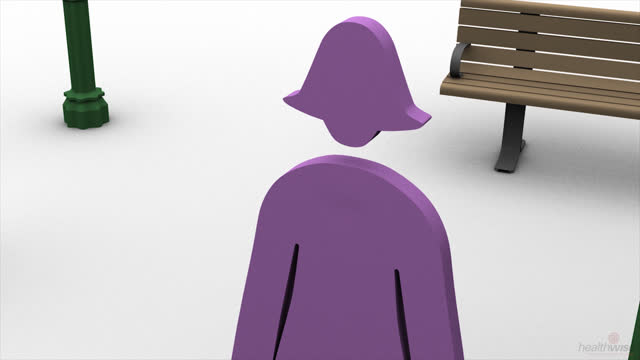Overview
Depression is a medical problem, and you have the right to keep it private. But if it harms your relationships, it may help to talk to your partner or friends about it.
- Explain depression to your partner or friends.
Be honest about it. Tell them it's a health problem and that you are being treated. Tell them how it makes you feel. Help them understand that you will get better, and ask them to be patient with you.
- Ask for what you need.
Whether it's a ride to a doctor visit or just spending time together, getting exercise, or relaxing, don't be afraid to ask.
- Ask what you can do for them.
Remember that friendship involves give and take. Everyone has challenges in life that he or she needs help with. When you're dealing with depression, it can be hard to remember that other people have problems too. Ask your friends how they're doing.
Talking to your children about your depression
Talking to your kids about depression can be hard for you and your children. You may not know how to say things, and your kids may not be able to understand what you're saying. But it's still important to try. Here are some ideas that may help.
- Use your own words.
Use simple terms, and make sure you answer their questions. It's best to explain as much to them as you think they can understand. What you say depends on the age of your children.
- Let them know that they didn't cause your depression.
It's not something they said or did. Tell them that how you are acting is what happens when people have depression.
- Make sure they know that you are getting help.
Tell them you're seeing a doctor or counselor so you can get better. They will feel better if they know you will get better and be back to the you they knew.
- Tell them that it's not their job to fix you.
Explain that it's the job of your doctor or counselor to help you feel better but that it may take time.
- Encourage your child to talk to you or a trusted adult if they have feelings of depression.
If you feel they will understand, explain that it can run in families.
- Ask your kids if they'd like to talk to anyone about your depression.
If your kids do want to talk, your child's doctor may be able to help. You could also ask your doctor or counselor for help finding a doctor for them to talk to about their questions or concerns.
- Remember that kids may hear things about depression that may be scary or hard for them to understand.
If you feel they will understand, explain that when a person has depression, they may feel so bad that they want to hurt themselves. Let them know that if you ever feel that way, you will try to get help right away.
Credits
Current as of: July 31, 2024
Author: Ignite Healthwise, LLC Staff
Clinical Review Board
All Healthwise education is reviewed by a team that includes physicians, nurses, advanced practitioners, registered dieticians, and other healthcare professionals.
Current as of: July 31, 2024
Author: Ignite Healthwise, LLC Staff
Clinical Review Board
All Healthwise education is reviewed by a team that includes physicians, nurses, advanced practitioners, registered dieticians, and other healthcare professionals.






